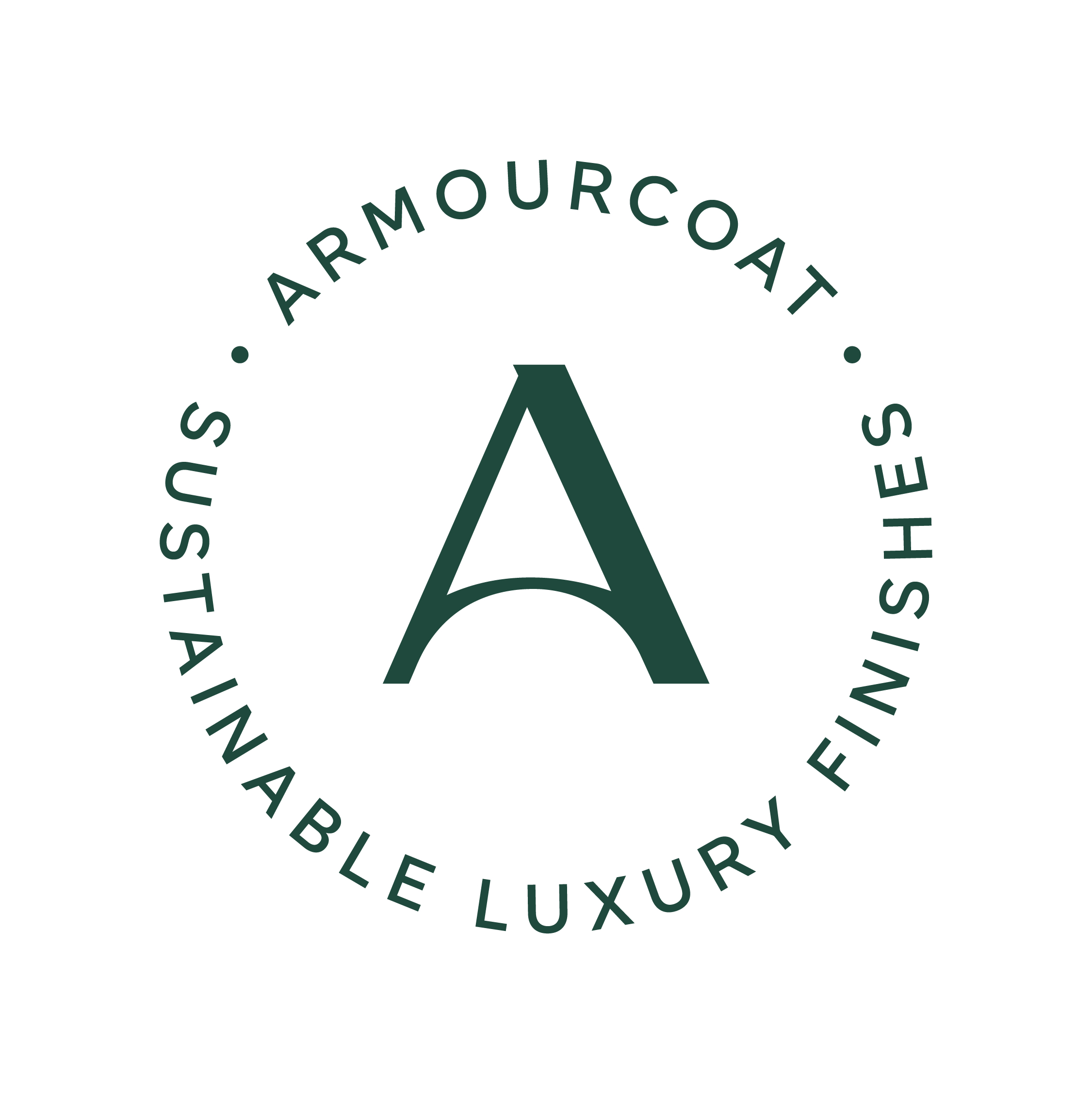

Armourcoat ltd

1.6
Kent, United Kingdom
October 2025
Construction
Manufacturing
United Kingdom,
United States
Armourcoat create, produce, and install naturally sustainable surface design solutions for architects, designers, and private clients worldwide. A unique, contemporary portfolio including Polished Plaster, Clay Lime Plaster, Sculptural Plaster, Cast Panels, Decorative Paint, and Acoustic Plaster offers a broad spectrum of naturally breathable, low-embodied carbon finishes that achieve leading global accreditation standards. Materials are made in the UK from natural mineral materials – including lime, clay, recycled marble, and raw mineral pigments – with zero VOCs or solvents. Each finish is hand-applied on site by trained craftspeople using specialist tools and techniques, delivering distinctive, durable finishes with inherent longevity. Developed and tested by Armourcoat’s in-house creative team, every product reflects a passion for innovation in texture, tone, and surface design – ensuring exceptional results for visionary projects worldwide.
Overall B Impact Score
Governance 18.3
Governance evaluates a company's overall mission, engagement around its social/environmental impact, ethics, and transparency. This section also evaluates the ability of a company to protect their mission and formally consider stakeholders in decision making through their corporate structure (e.g. benefit corporation) or corporate governing documents.
What is this? A company with an Impact Business Model is intentionally designed to create a specific positive outcome for one of its stakeholders - such as workers, community, environment, or customers.
Workers 21.4
Workers evaluates a company’s contributions to its employees’ financial security, health & safety, wellness, career development, and engagement & satisfaction. In addition, this section recognizes business models designed to benefit workers, such as companies that are at least 40% owned by non-executive employees and those that have workforce development programs to support individuals with barriers to employment.
Community 15.6
Community evaluates a company’s engagement with and impact on the communities in which it operates, hires from, and sources from. Topics include diversity, equity & inclusion, economic impact, civic engagement, charitable giving, and supply chain management. In addition, this section recognizes business models that are designed to address specific community-oriented problems, such as poverty alleviation through fair trade sourcing or distribution via microenterprises, producer cooperative models, locally focused economic development, and formal charitable giving commitments.
Environment 23.5
Environment evaluates a company’s overall environmental management practices as well as its impact on the air, climate, water, land, and biodiversity. This includes the direct impact of a company’s operations and, when applicable its supply chain and distribution channels. This section also recognizes companies with environmentally innovative production processes and those that sell products or services that have a positive environmental impact. Some examples might include products and services that create renewable energy, reduce consumption or waste, conserve land or wildlife, provide less toxic alternatives to the market, or educate people about environmental problems.
What is this? A company with an Impact Business Model is intentionally designed to create a specific positive outcome for one of its stakeholders - such as workers, community, environment, or customers.
Customers 4.1
Customers evaluates a company’s stewardship of its customers through the quality of its products and services, ethical marketing, data privacy and security, and feedback channels. In addition, this section recognizes products or services that are designed to address a particular social problem for or through its customers, such as health or educational products, arts & media products, serving underserved customers/clients, and services that improve the social impact of other businesses or organizations.